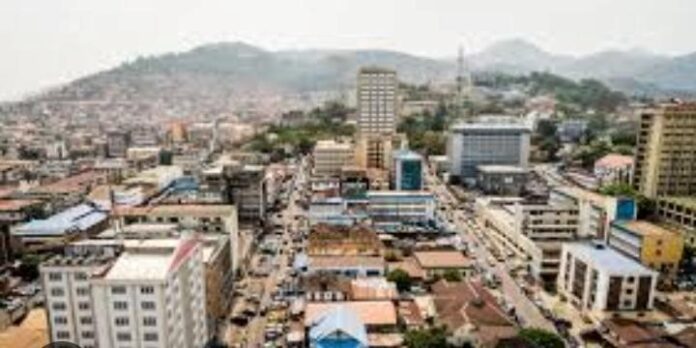By MSM
As talk of dividing Sierra Leone’s capital city gains momentum in government corridors, many residents, urban planners, and civil society activists are raising serious concerns about the potential consequences. The government argues that splitting Freetown into multiple administrative zones would enhance service delivery and decentralization. But critics insist the move could do more harm than good, and distract from the real, systemic reforms the city urgently needs.
Freetown, home to over a million people, faces mounting challenges: poor waste management, overcrowded informal settlements, traffic congestion, and limited access to water and sanitation. These are not problems caused by the city’s size, critics argue, but by decades of poor planning, underinvestment, and weak local governance.
“Dividing Freetown is not a development plan. It’s a distraction from implementing real solutions,” says Isata Kallon, an urban policy analyst. “You can’t solve mismanagement by multiplying it.”
Many believe that carving the city into smaller districts would create unnecessary bureaucracy, increase administrative costs, and weaken the mandate of the Freetown City Council (FCC), which is currently under opposition leadership. There’s growing concern that the plan may be politically motivated, aimed at diluting opposition influence in urban governance.
“Freetown’s problems are complex, but division is not the answer. It could deepen inequality, disrupt citywide planning, and fragment service delivery,” says Joseph Conteh, a civil society campaigner.
Instead of breaking up the city, experts and residents recommend the following reforms:
Empower the FCC with more autonomy and resources to carry out its mandate, rather than weaken it through fragmentation, and implement and enforce a comprehensive city development plan that regulates land use, improves housing, and controls expansion.
Create neighbourhood councils or ward committees to bring residents into the decision-making process without dividing the city, improve waste collection systems, drainage networks, public transport, and access to water and sanitation, especially in vulnerable communities.
Use technology to monitor service delivery, track budgeting, and involve citizens in reporting problems in real time, and develop sustainable housing, reforest hillsides, and enforce building codes to reduce disaster risks, particularly during the rainy season.
What Freetown needs is not fragmentation, but a unified vision that includes all its residents, rich or poor, east or west. Reforming governance, not redrawing borders, is what will make the city more liveable, equitable, and resilient.
As pressure builds, the question remains: will the government listen to the people and invest in building a better Freetown, or push forward a controversial division plan that could deepen the city’s woes


